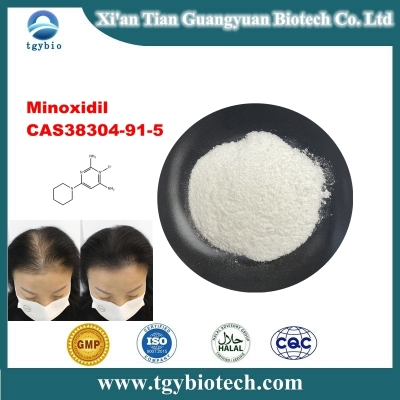-
Categories
-
Pharmaceutical Intermediates
-
Active Pharmaceutical Ingredients
-
Food Additives
- Industrial Coatings
- Agrochemicals
- Dyes and Pigments
- Surfactant
- Flavors and Fragrances
- Chemical Reagents
- Catalyst and Auxiliary
- Natural Products
- Inorganic Chemistry
-
Organic Chemistry
-
Biochemical Engineering
- Analytical Chemistry
-
Cosmetic Ingredient
- Water Treatment Chemical
-
Pharmaceutical Intermediates
Promotion
ECHEMI Mall
Wholesale
Weekly Price
Exhibition
News
-
Trade Service
The production process of benidipine is a complex and multi-step process that involves several chemical reactions and purification steps.
Benidipine is an organic compound that is widely used in the pharmaceutical industry as a raw material for the synthesis of various drugs.
The production process of benidipine can be divided into several stages, including the preparation of the starting materials, the synthesis of benidipine, and the purification of the final product.
The preparation of the starting materials involves the synthesis of several intermediate compounds that are used as building blocks for the synthesis of benidipine.
These intermediate compounds are typically synthesized using conventional chemical methods, such as alkylation, halogenation, and nitration.
The synthesis of benidipine involves several chemical reactions, including condensation, reduction, and dehydration reactions.
These reactions are typically carried out in a series of reaction vessels, each with its own specific conditions, such as temperature, pressure, and solvent.
The reaction vessels are typically equipped with heating and cooling systems, agitators, and other equipment that is necessary for the proper conduct of the reaction.
The synthesis of benidipine typically involves several intermediate compounds, and each step in the synthesis must be carefully controlled to ensure that the final product is of the desired purity and quality.
This requires the use of specialized equipment, such as distillation columns, chromatography columns, and other purification equipment.
After the synthesis of benidipine is complete, the final product must be purified to remove any impurities that may have been introduced during the synthesis process.
This typically involves the use of chromatography columns, which use a combination of adsorbents and mobile phases to separate the benidipine from any impurities.
The purified benidipine is then typically formulated into a final product, such as a pharmaceutical drug or a chemical intermediate.
The formulation process involves the addition of excipients, such as fillers, binders, and lubricants, to the benidipine to create a final product that meets the desired specifications.
The production of benidipine is a complex and multi-step process that requires a high degree of precision and control to ensure that the final product is of the desired purity and quality.
The production process must be carefully monitored and optimized to ensure that the final product meets the desired specifications, and that it is safe and effective for use in the desired application.
In conclusion, the production process of benidipine is a complex and multi-step process that involves several chemical reactions and purification steps.
The process requires a high degree of precision and control to ensure that the final product is of the desired purity and quality.
The production of benidipine is a critical component of the pharmaceutical industry, and it plays a key role in the development of new and effective drugs.







